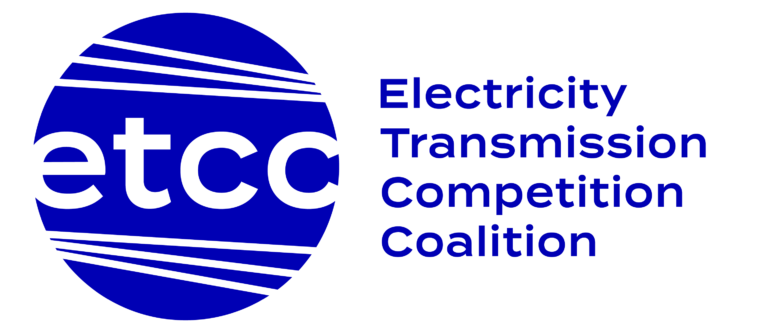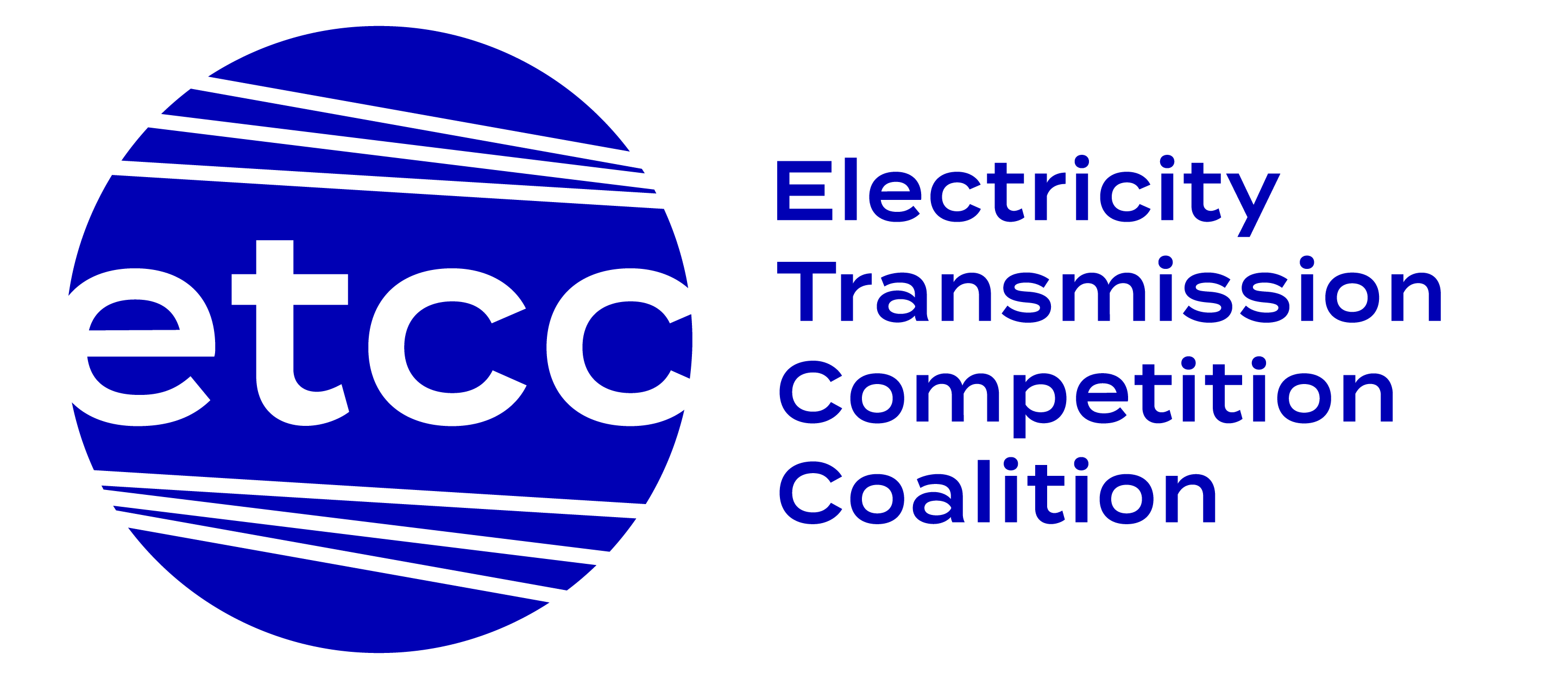
FOR IMMEDIATE RELEASE
October 24, 2023
ETCC Applauds Solicitor General on Supreme Court Filing in Lake v. NextEra Energy
ROFR laws are not just unaffordable, they are unconstitutional.
Consumer group thanks Solicitor General Prelogar for standing up for consumers and advocating for free-market competition that will benefit consumers.
WASHINGTON – Today, in a significant milestone for transmission competition, Solicitor General Elizabeth Prelogar filed a brief on behalf of the United States stating that the U.S. Supreme Court should not grant cert in the Supreme Court docket 22-601, Peter Lake, Chairman, Public Utility Commission of Texas v. NextEra Energy. In the Merits Brief of the United States, the United States said that the Fifth Circuit Court of Appeals ruled correctly in its August 2022 opinion that the Texas Right of First Refusal Law, S.B. 1938 discriminates on its face against interstate commerce. Laws that discriminate on their face are unconstitutional, and unconstitutional laws once vacated are never in effect to begin with.
The United States said: “The court of appeals correctly determined that S.B.1938 discriminates against interstate commerce by prohibiting any company without an existing in-state presence from competing in the market for the construction and operation of electric transmission facilities that would be part of the interstate transmission grid.”
This position is consistent with the Department of Justice’s joint comment submitted to the Federal Energy Regulatory Commission (FERC) along with the Federal Trade Commission last year on FERC’s proposed rule on transmission planning. In that comment, the DOJ and FTC argued that a federal ROFR was not justified because “consumers will lose the many benefits that competition can bring, including lower rates, improved service, and increased innovation, leading to a more efficient, reliable, and resilient grid.”[1]
In a statement, Paul Cicio, Chair of the Electricity Transmission Competition Coalition, said: “ROFR laws are not just unaffordable, they are unconstitutional. The Texas’ ROFR law was unconstitutional from the outset, and this was affirmed by the Fifth Circuit Court of Appeals. Electricity transmission competition benefits consumers in the form of lower electricity prices; the filing of the United States is a welcome addition to the cause of lower electricity prices.”
###
About the Electricity Transmission Competition Coalition
The Electricity Transmission Competition Coalition (ETCC) is a broad-based, nation-wide coalition committed to increasing competition in America’s electricity transmission infrastructure. We advocate for common-sense policies and solutions that result in competitively priced transmission projects, which reduce energy costs for all ratepayers – from large manufacturers to residential consumers. The ETCC represents a diverse group of more than 80 companies and organizations from 48 states, including manufacturing groups, retail electric consumers, state consumer advocates, public power representatives, think tanks, and non-incumbent transmission developers.
For more information, visit: www.electricitytransmissioncompetitioncoalition.org.
Press Contact:
Julian Graham
jgraham@signaldc.com
###
[1] Comment of United States Department of Justice and Federal Trade Commission to the Federal Energy Regulatory Commission in Docket No. RM21-17-000, August 17, 2022, Page 1 https://www.ftc.gov/legal-library/browse/advocacy-filings/comment-united-states-department-justice-federal-trade-commission-federal-energy-regulatory
[2] NET-ZERO AMERICA: Potential Pathways, Infrastructure, and Impacts, Princeton University, https://netzeroamerica.princeton.edu/?explorer=year&state=national&table=2020&limit=200
[3] Brattle Group: Cost Savings Offered by Competition in Electric Transmission, https://www.brattle.com/wp-content/uploads/2021/05/16726_cost_savings_offered_by_competition_in_electric_transmission.pdf
